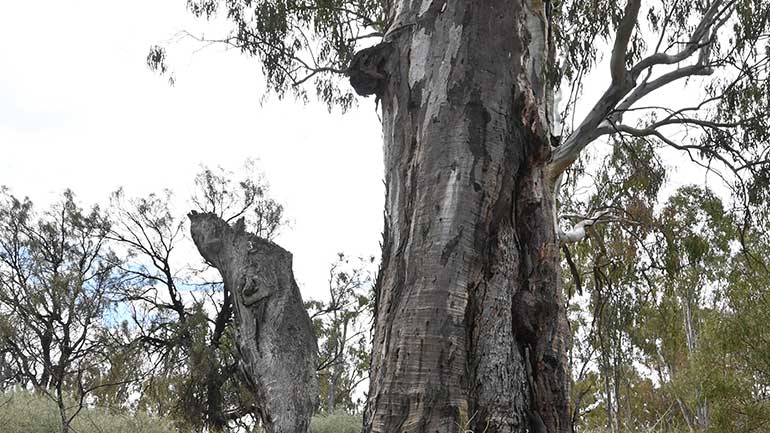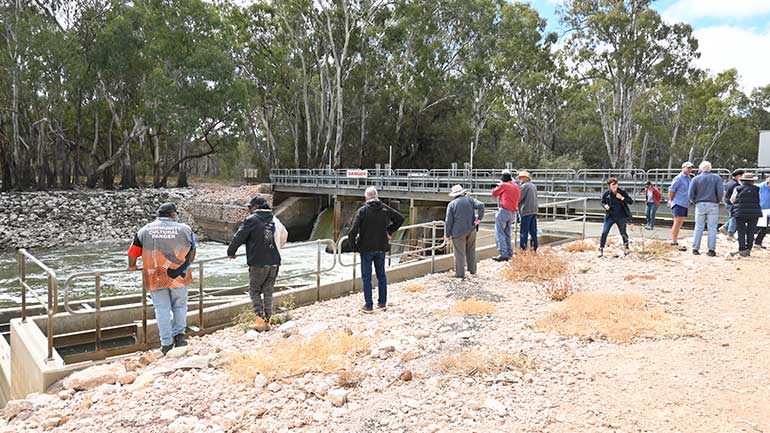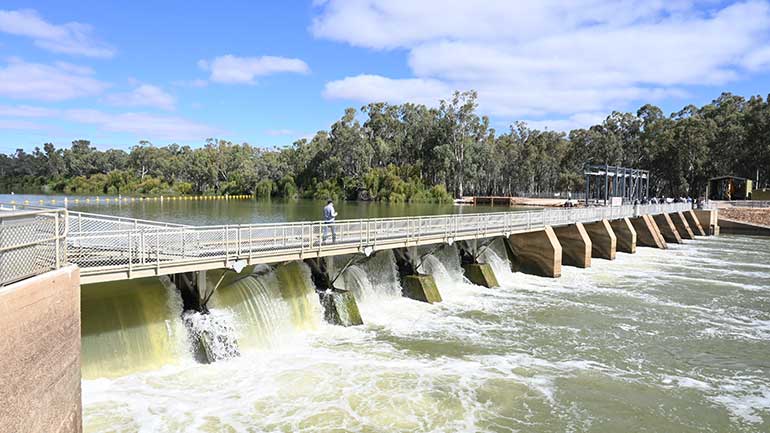Throughout 2024, we’ll be spotlighting the celebrations at TLM icon sites and sharing the stories of the many people who've worked to make the vision of a healthier River Murray a reality.
Chowilla Floodplain icon site
The Chowilla Floodplain covers a total area of over 17,700 hectares. Most of this is on the South Australia side of the river (74%), but there’s also a significant area in New South Wales (26%). Chowilla has a diversity of wetlands and flowing waterways, forming part of the Riverland Ramsar site of international importance.
Chowilla is a site of immense cultural and environmental significance and is home to populations of many threatened species. The Traditional Owners of the Chowilla Floodplain are the First Peoples of the River Murray and Mallee Region, and the Maraura Nation.
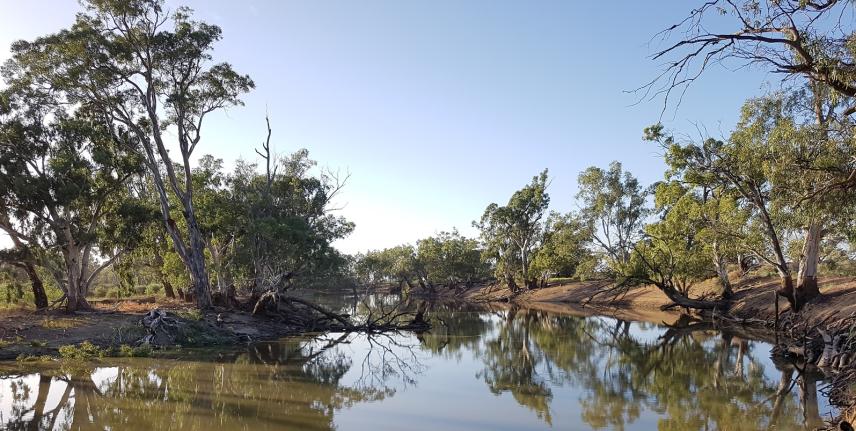
Celebrating 20 years
In April, more than 90 people gathered in Renmark, South Australia, to celebrate the work and accomplishments of TLM over the past 20 years. Attendees included Traditional Owners, scientists and government staff involved in TLM across the years.
The ‘Science in the Pub’ event included presentations from the TLM Chowilla Floodplain team and some of Australia's top scientists.
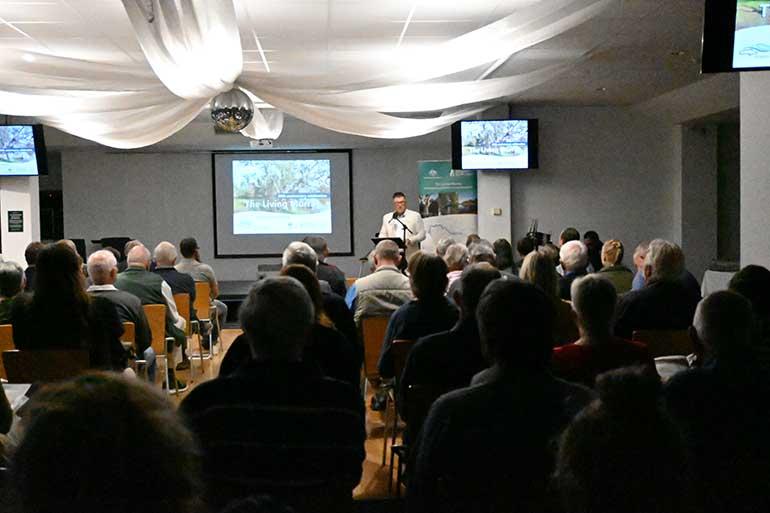
The event highlighted the outcomes of TLM at Chowilla, including how environment flows have been delivered to the site and how the floodplain ecology has responded and improved over time.

As an example of outcomes, Dr Todd Wallace from the Riverwater Life presented on the recovery and improvement of vegetation from 2004 to 2024. Through before and after photos you can see the difference in the environment over the years, supported by delivery of water for the environment over the last 20 years.
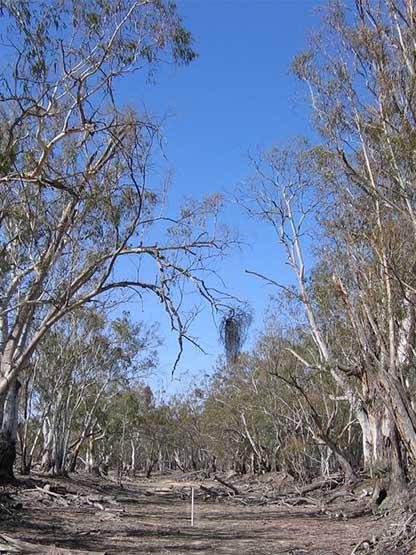
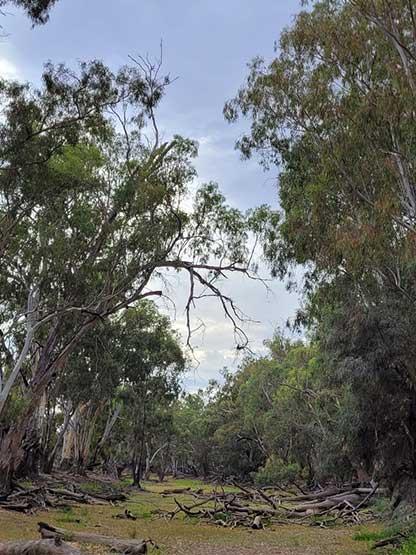

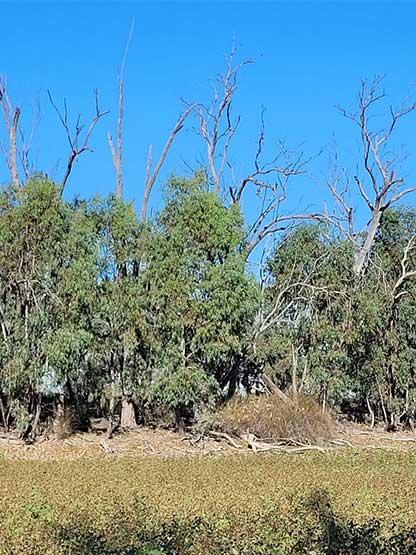
Chowilla field trip
As part of celebrations, community members, Traditional Owners, site managers and scientists headed out for a tour of the Chowilla Floodplain. The 35 attendees shared stories about the ecological and cultural values of Chowilla, how water for the environment has been delivered to the Chowilla Floodplain, and how the floodplain ecology is responding.
Whilst the program has achieved significant outcomes over the last 20 years, those involved with TLM recognise the need for continued learning, evolution and improvement. There is always more that can be done to support healthier waterways that all our communities depend upon.
